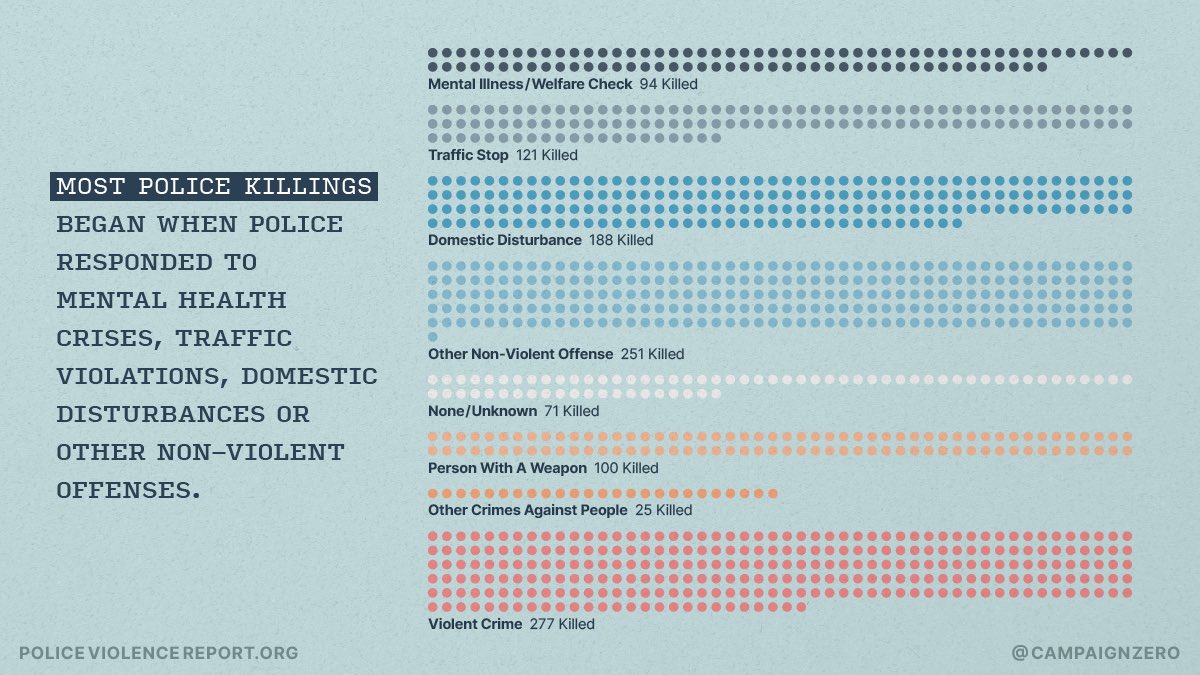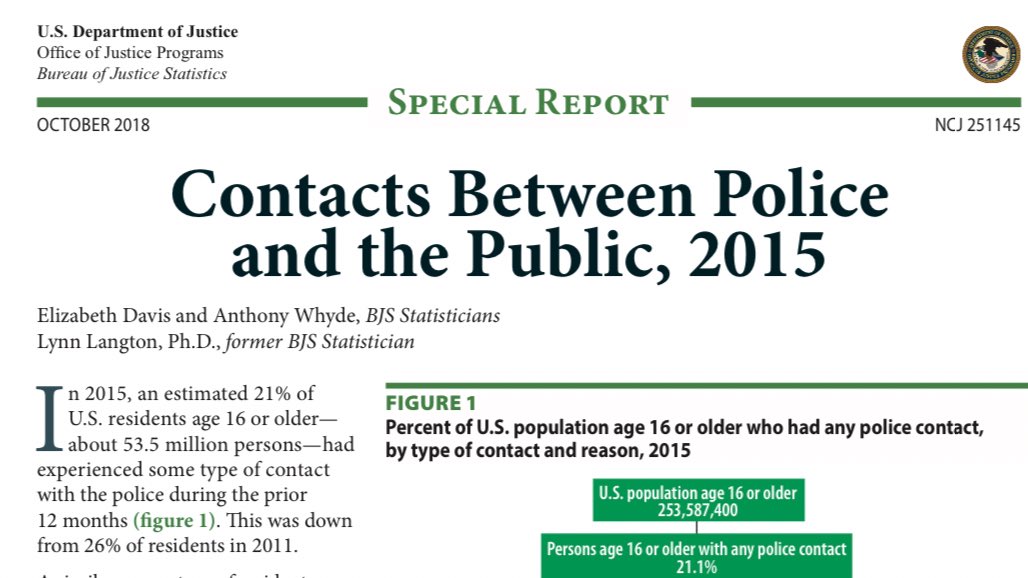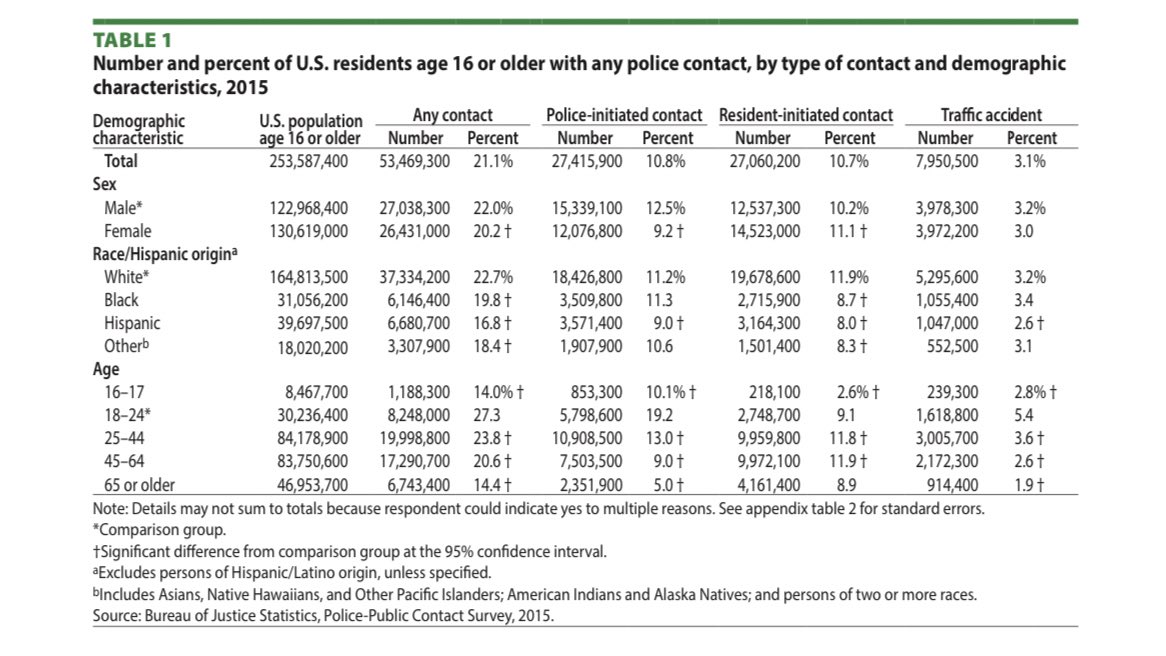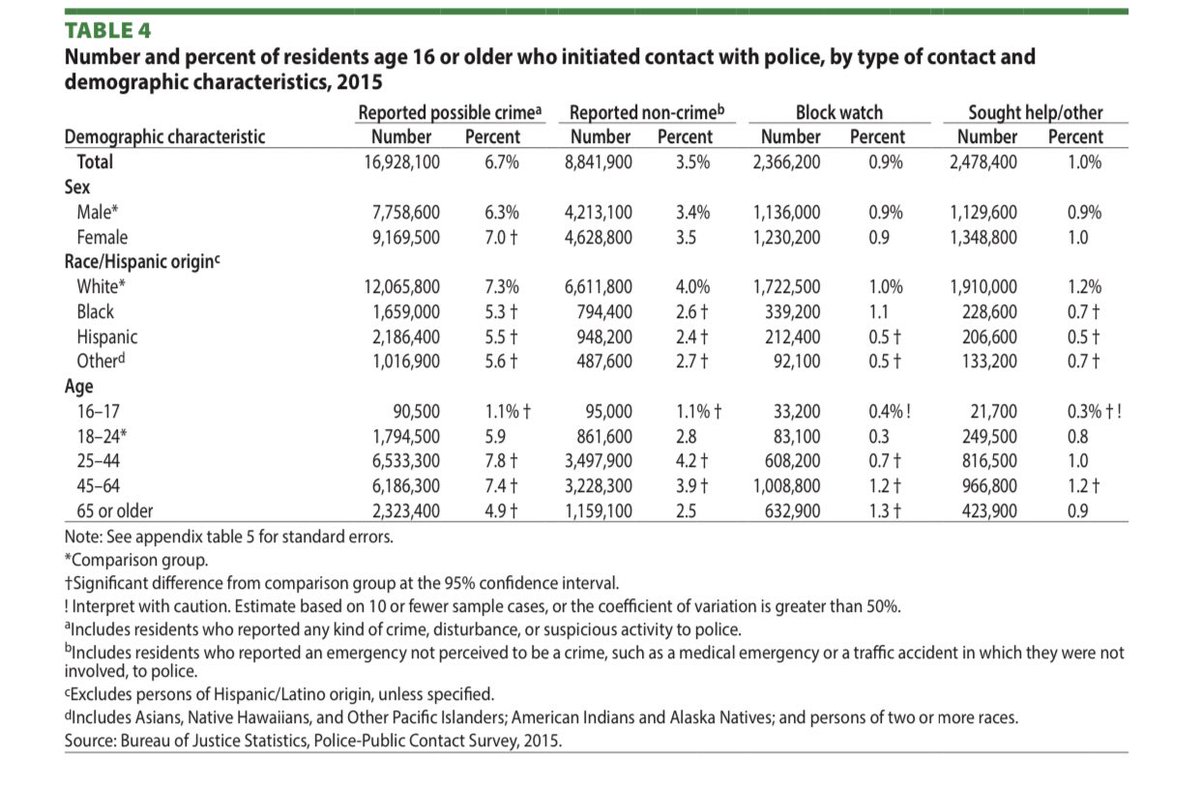
The Governor of Georgia lives in a mansion that is upkept by prison laborers. Most are Black. According to the GA Department of Corrections, “these residents are not paid any wages.” dcor.state.ga.us/Divisions/Faci… 
https://twitter.com/will_bunch/status/1375434696671256581

These incarcerated workers are classified by prison system as “Maintenance Residents” who work full time maintaining the Governor’s mansion and other state government facilities. powerdms.com/public/GADOC/d… 

The state of Georgia methodically tracks these incarcerated workers. Regular schedules posted by age, race, religion, weight, IQ scores, reading scores, physical/medical tests. How many attempted escapes there were. 21st century slave schedules. gdc.ga.gov/sites/all/them… 






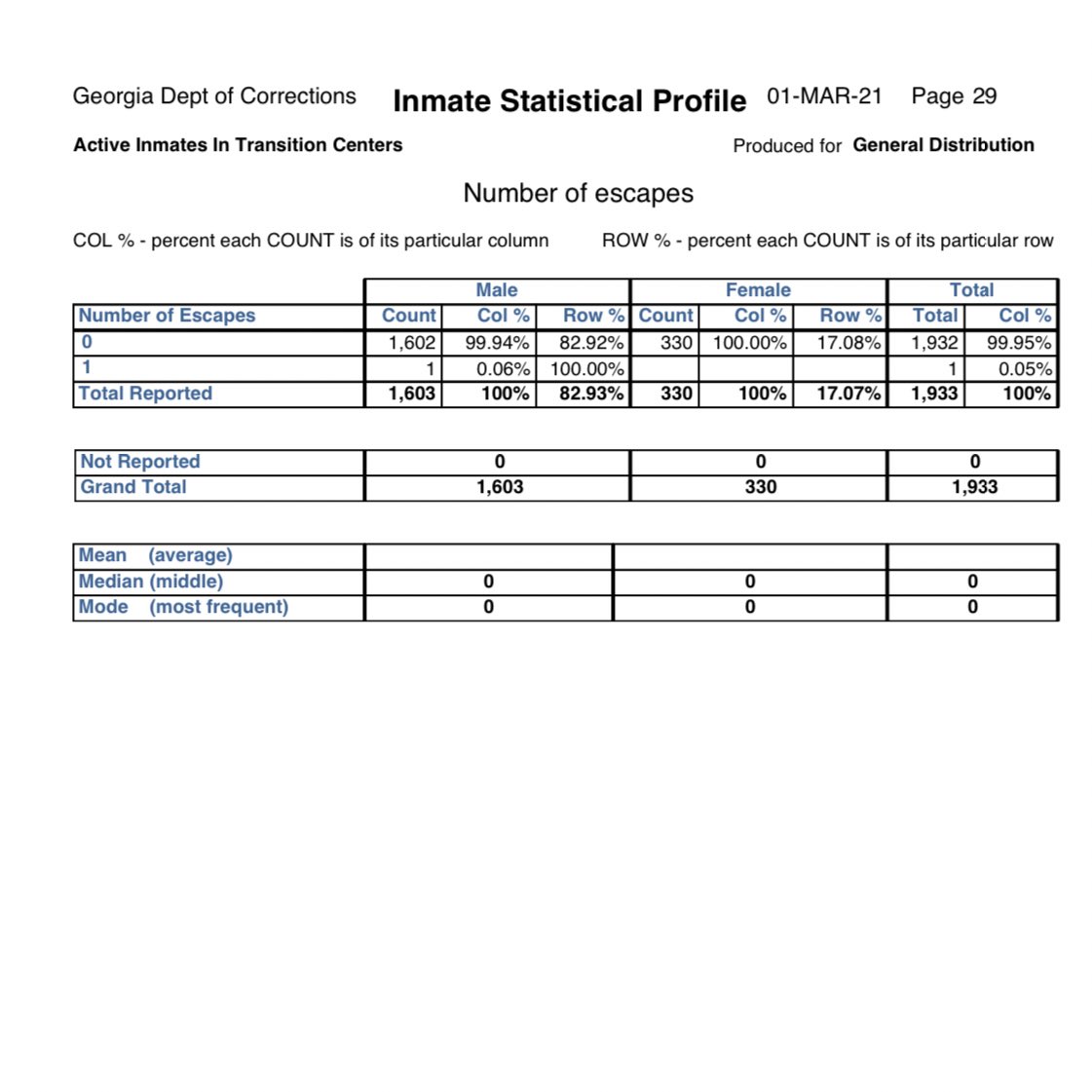
Georgia is one of 7 states that assigns incarcerated workers to maintain the grounds of Governor’s mansions and/or state Capitols. All former Confederate states. And Georgia has the highest rate of people under correctional control in the entire nation. prisonpolicy.org/reports/correc… 

• • •
Missing some Tweet in this thread? You can try to
force a refresh

